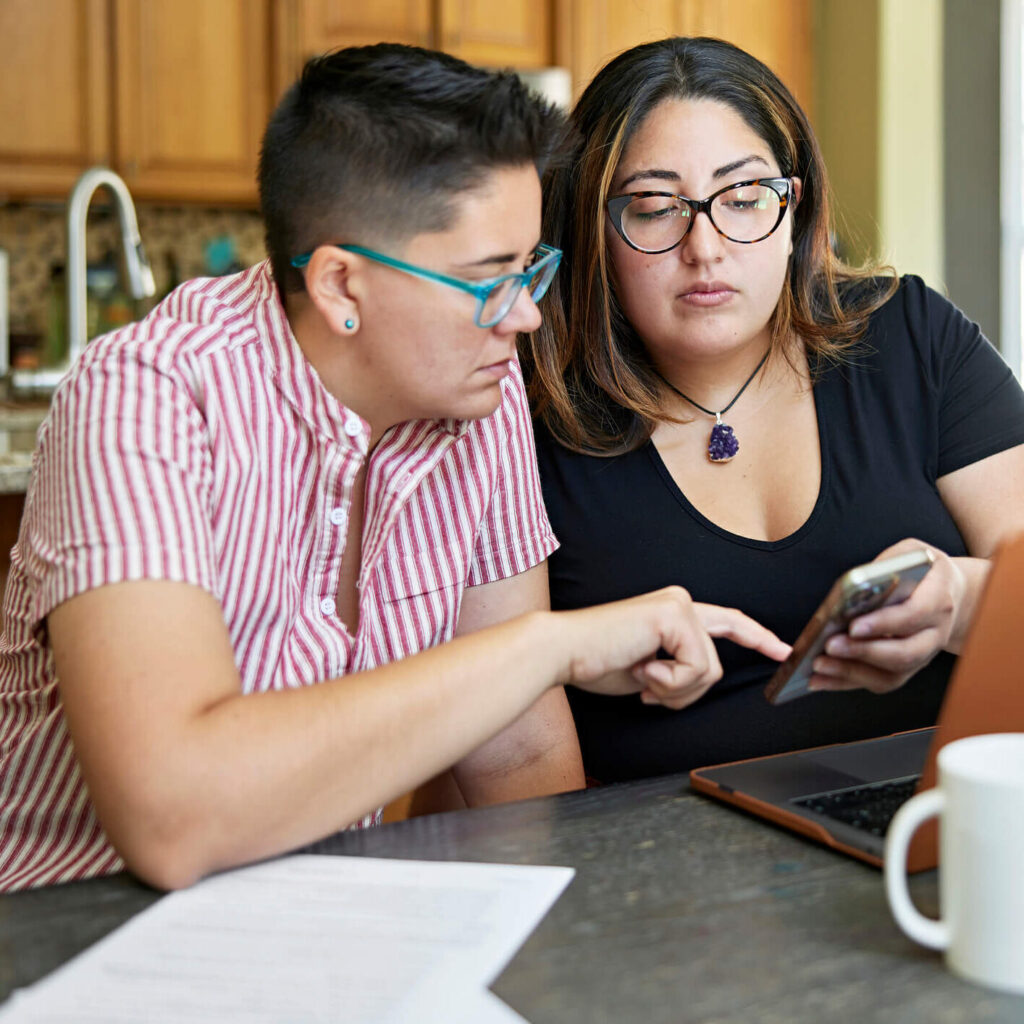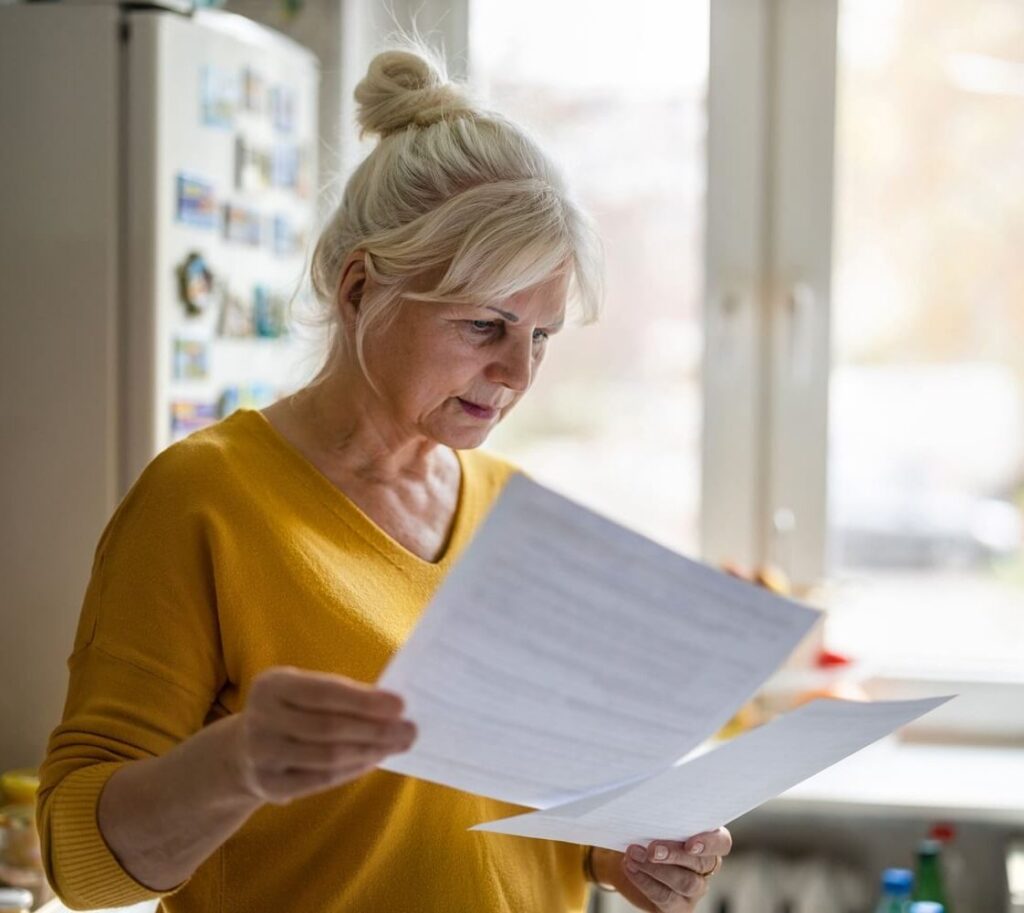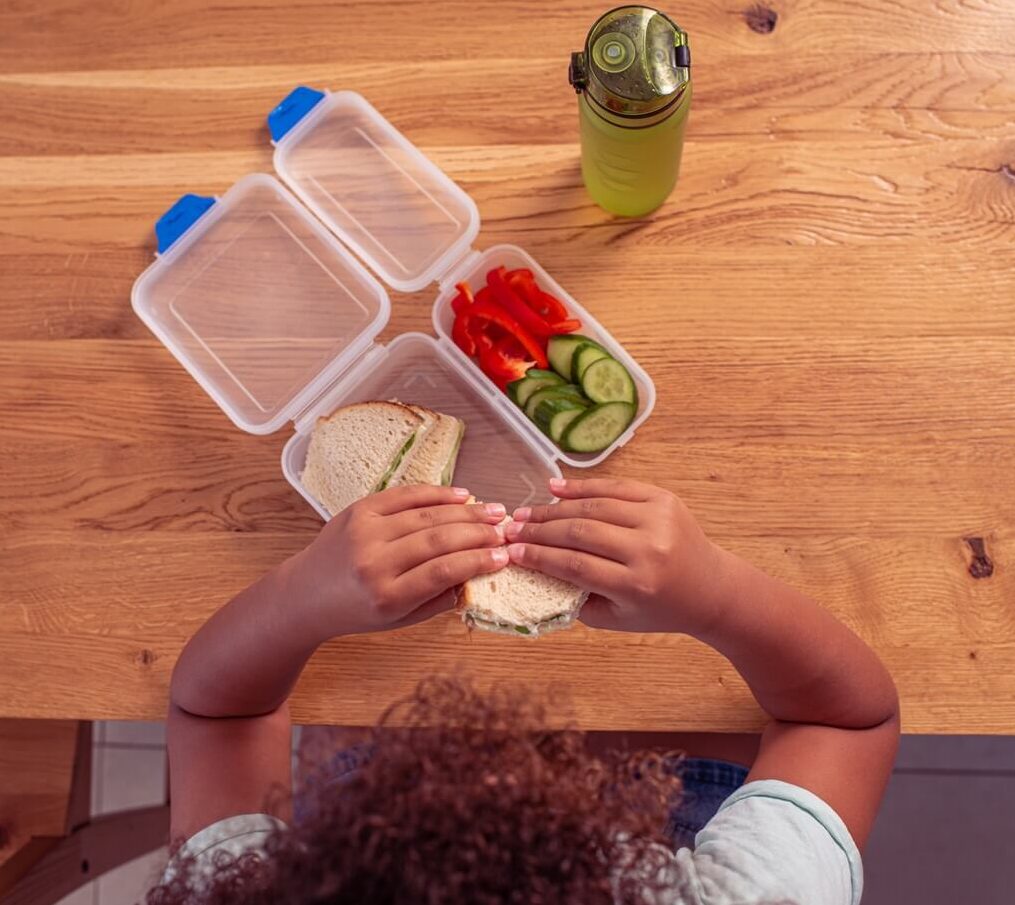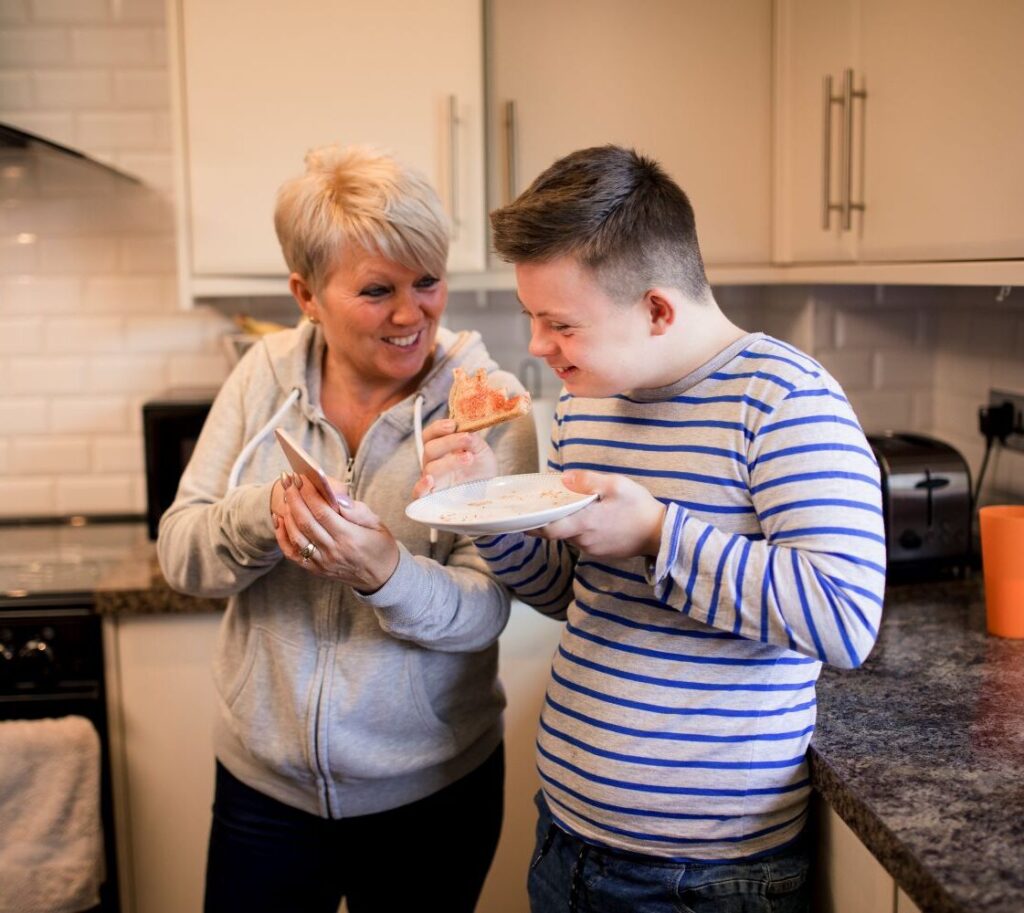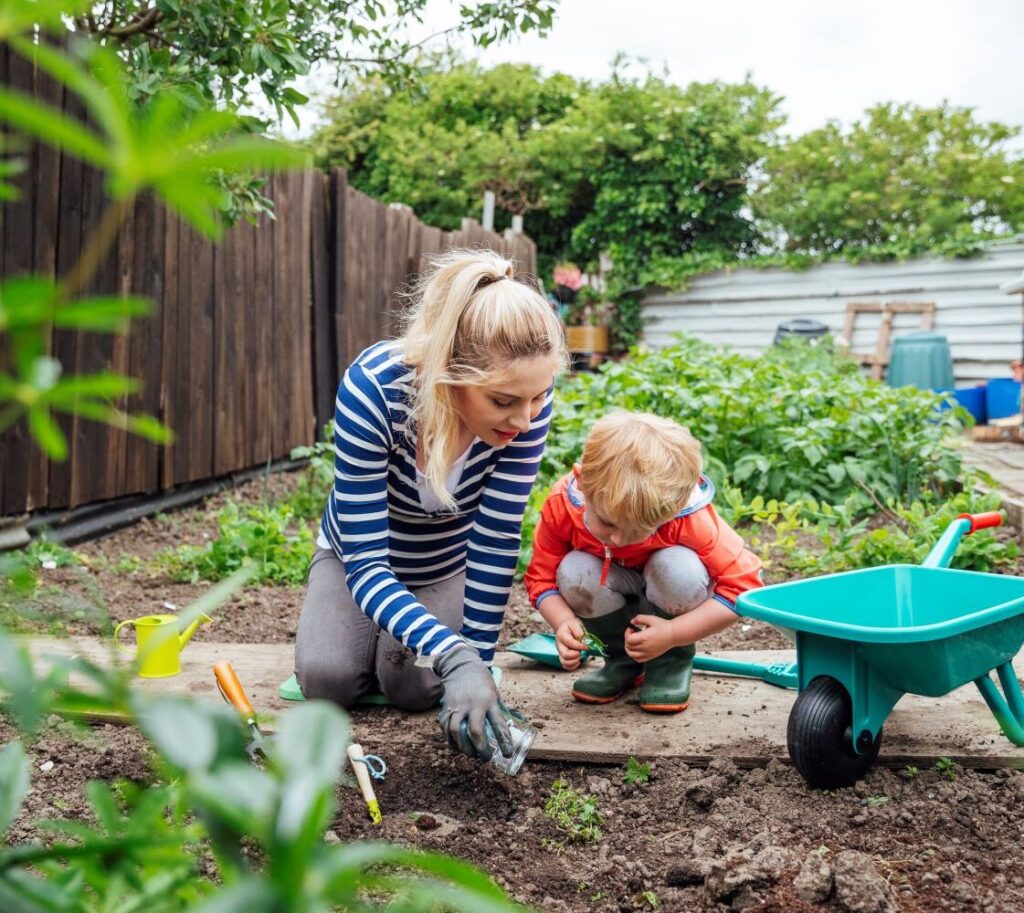Barely a day goes by at the moment without the news or somebody we know mentioning the squeeze to families’ pockets caused by the cost-of-living crisis, that has been amplified since the pandemic.
Our national helpline, FamilyLine offers support for every family and any family issue. Our trained operators speak to families facing a range of challenges every day, financial pressures being one of them. Some pieces of advice come up in conversation time and again so the FamilyLine team are sharing their top tips to help ease the burden of the increased cost of living.
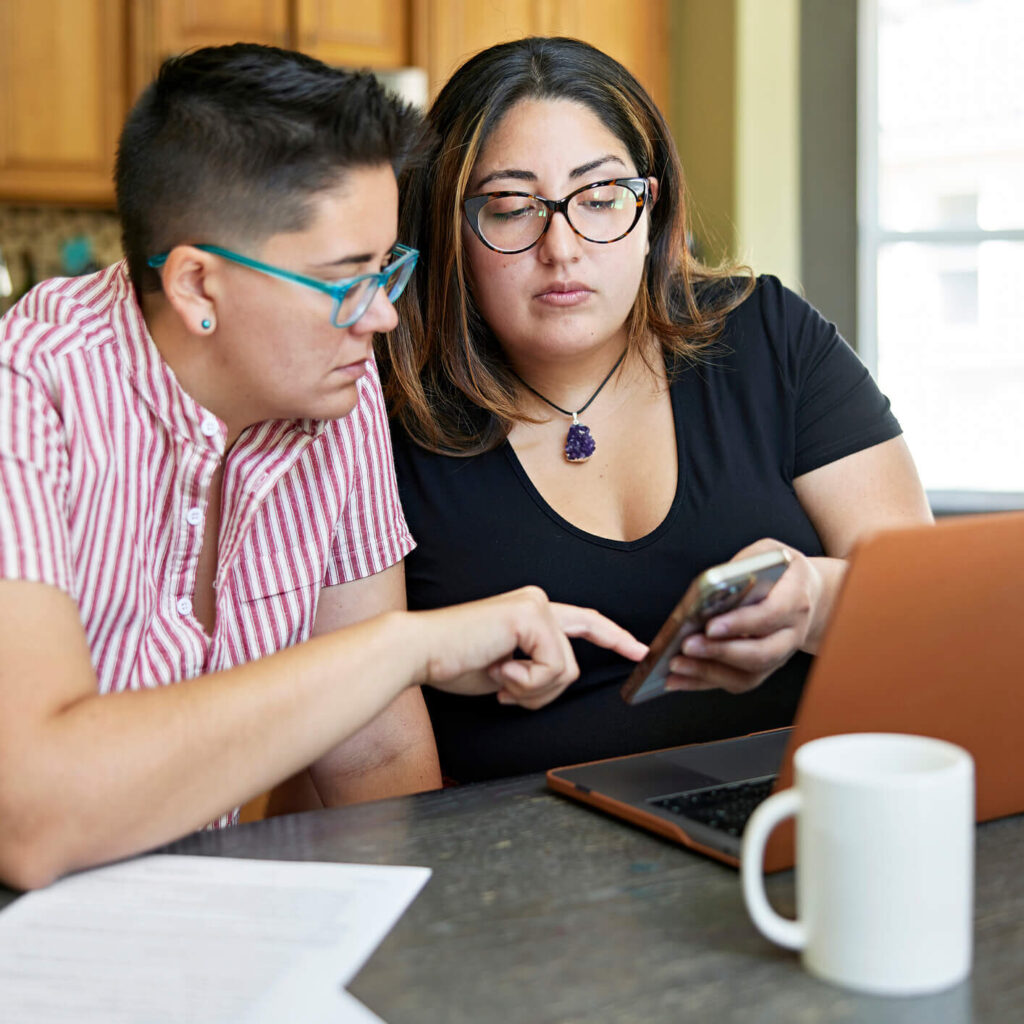
Set your budget and stick to it
For many of us, the mere mention of budgets and managing money makes us want to stick our heads in the sand. Nowadays, however, there are a variety of apps and online resources, such as the excellent government-backed site moneyhelper, that can create a budget based on your income and expenditure and help you see how you can allocate your money. Try your best to be honest about your expenditure, as this will allow you to most accurately see where changes can be made.
Check your benefits
One of the problems of the complex world we live in is that we may not even realise the benefits we’re entitled to. A good way to check that you’re not missing out on money or support is to use the free benefits calculator on the website of the charity Turn2us.
Arranging debt repayments
A lot of us bury our heads in the sand when it comes to household debt, but often contacting companies we owe money to in advance can lead to better resolutions. Agreements can be reached where companies will accept a lesser payment if they realise that otherwise they’re unlikely to receive a payment at all. Many companies are sympathetic to the challenges caused by the cost-of-living crisis so are more willing to find a way to help you. There is some great advice regarding how to approach services regarding debt, housing and more at Citizens Advice, and the charity Step Change. The charity Shelter provides really useful advice if you’re worried you might lose your home.
Prevention is better than cure
Our FamilyLine staff have seen a rise in the number of people calling the helpline due to the cost-of-living crisis, but are finding that people are coming to us when they’re already in crisis. Delaying dealing with issues is understandable when you feel like you’re out of options and are worried about admitting you’re struggling, but doing so might mean that there are more options available.
A good rule is to remember that waiting to deal with financial problems will almost always make problems worse. Contacting us sooner may mean we can provide help in a better way.
Check your local authority’s website
Every local authority is different and many run welfare assistance programmes at their own discretion. It’s definitely worth heading to your local authority’s website to find out what they offer. Finding help might be tricky, but we would recommend starting using the word “support” in their search bar. At the very least you should be able to find a number to call. Remember that councils are huge places with hundreds of employees so even if you’ve had a bad experience with one department or person, that doesn’t mean you’ll have a similar experience with another.
Repair is often free
The cost of replacing electrical items can soon add up, but a positive trend to come out of the cost-of-living crisis is the rise in repair cafés. Also, increased awareness about the environmental impact of throwing items away has also contributed to a rise in local cafés, where you can get broken items repaired for free or minimal cost. These are often funded on a ‘pay what you can afford’ basis. Some also offer borrowing or cost-effective rental of items so you don’t always have to buy. They are sometimes referred to as ‘repair cafe’s’ and can be found in local community spaces, which leads us to…
Take a walk around your local area
Some of the most valuable resources – such as food banks, food clubs, free repair services and clothes exchanges – are found in local community spaces, churches and cafes. The people volunteering or working there are often great sources of local knowledge. If you’re embarrassed about asking for help you can always enquire “for a friend”. Getting out into the real world is also important for your mental health, can prevent worries from escalating, and can also result in meeting people who are best placed to help.
Shop at charity shops
The rise of online auction and vintage clothing apps has taken much of the stigma away from shopping in charity shops, but the bargains remain. Charity shops are particularly good for children’s clothing, which people tend to donate once their children are older and they no longer fit, but can be too time-consuming for them to try and sell for profit.
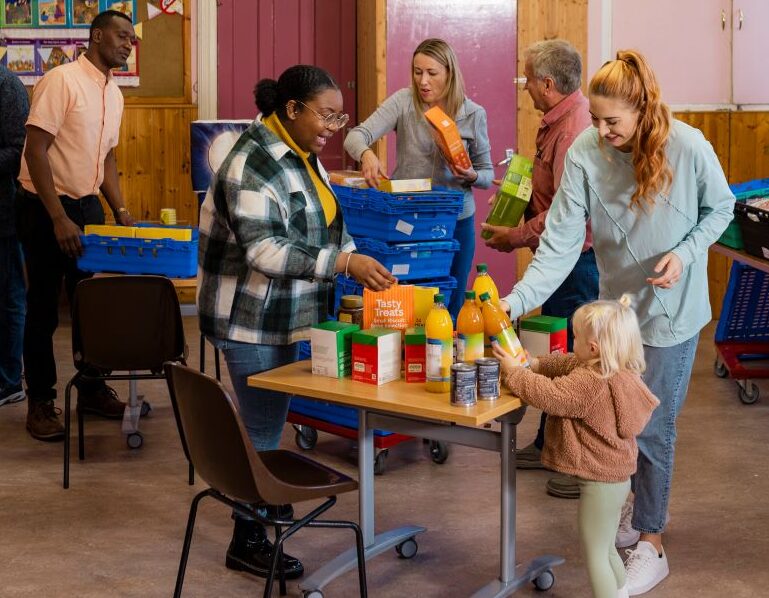
Save on food
Despite how difficult recent years have been, the modern world does have some positives – such as online access to a wealth of ideas and writing on every topic, including cost-conscious recipes which can be made from staples. We have some lush recipes right here on our site, like fish cakes, chicken and vegetable cous cous and veggie chilli.
Another great source for cost-effective eating is food writer and anti-poverty campaigner, Jack Monroe who has been among the loudest voices speaking out for families who are struggling to make ends meet. Their website “cooking on a bootstrap” features hundreds of recipes, listed with prices (usually in pence). It’s a valuable resource for those wanting to make their shopping go further.
We also run Food on Our Doorstep (FOOD) programmes in several locations nationwide providing good quality food at a low cost, while also reducing food waste. For a one-off £1 member subscription, you can purchase a bag of food items worth approximately £15 each week for just £4. Find out where your local FOOD club is running in our ‘find a local service’ section.
We recognise that even this cost might be too much, however. If this is the case you can visit Citizens Advice to look into accessing a food bank. The charity Scope has also produced a really useful guide outlining other free sources of food.
Shop lower shelf
Own brand goods in supermarkets are often found lower down on the shelves. They tend to be much cheaper, but usually just as good as their branded counterparts, so switching to these can help the savings add up.
Supermarkets also make quite large price reductions on items and place them on the ‘reduced’ shelf’. There can be huge savings on fresh meat, fish, veg and fruit and you can always freeze anything you don’t use straight away. Try visiting your local supermarket at different times to figure out when is the best time to make the most of these price reductions, this tends to be towards the end of the day around 5-6pm but may be different at different supermarkets.

Packed lunches can be good for your waistline and your pocket
Although many children will receive free school meals, some families might not meet the criteria despite struggling to make ends meet. Many of us will also end up spending money on costly shop-bought sandwiches and food at work when we’re short on time. Whether it’s for our children or ourselves, making packed lunches in advance is a valuable way to save a few pounds by buying in bulk at the supermarket and shopping for bargains.
Bulk buying doesn’t have to mean bland, and items such as couscous and egg mayonnaise will last around three days once prepared, so consider setting aside some time twice a week to plan your family lunches and look forward to something special yet cost-effective.
And don’t forget you can become a member of your local Family Action FOOD Club to save more money on feeding your family.
Heat yourself and not your home
One of the major challenges to come out of the cost-of-living crisis, is that energy prices at an all time high, it has become increasingly difficult to afford to heat our homes. If you live on your own or have a predictable working pattern you can save money by heating just one room or even just yourself with a heated blanket or hot water bottle. The website, Money Saving Expert has produced a comprehensive guide to this.
The Government offers a ‘warm home scheme’ which only runs through the winter months and provides discounts on energy bills to families on low income. You can check eligibility on the gov.uk warm home discount scheme page. Additionally, if you do an internet search for “warm home” and the area you live you might find something run by your local authority with different criteria. For example, in Bradford there is the Warm Home Healthy People scheme.
Remember those sandwiches you made above? How about putting the clingfilm you’ve wrapped them in on your windows to keep the heat in? Although it might sound crazy, it works – according to the Energy Saving Trust. This is just one of the household heating tips given in this excellent guide on the Money Saving Expert website… and most of them are a bit less strange!
Check on your neighbours
Ok, this isn’t advice to save money but if COVID taught us anything it’s that community is incredibly valuable, and we can often help each other in unexpected ways. By checking our neighbours are ok and discussing concerns we open communication channels for things like providing support and even sharing food and clothing.
Sharing to save
Linking up with others in your area can be a great way to save money and enjoy the company of others. Try inviting friends round to work at your house or share lifts, including alternating taking each others’ children to activities and school. This isn’t only fun – it could also end up saving you money on heating and petrol.
If you are struggling as a result of the cost-of-living crisis and need support, get in touch with FamilyLine or find out if there’s a Family Action service near you that can help.

Call, text, email or web chat FamilyLine
If you’re feeling overwhelmed, worried or upset about any aspect of your family life, FamilyLine is here for you. We offer free emotional support and guidance on family relationships, conflict, parenting, caring, financial worries and more.
Contact FamilyLine